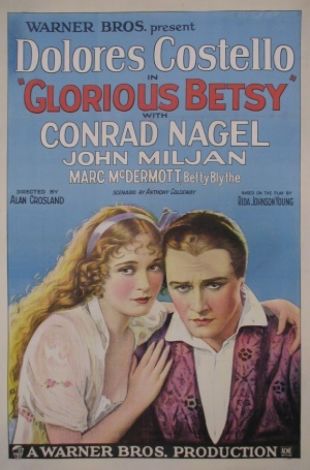
Glorious Betsy (1928)
Directed by Gordon Hollingshead / Alan Crosland
Genres - Drama, Family & Personal Relationships |
Release Date - Apr 25, 1928 (USA - Unknown), Apr 25, 1928 (USA) |
Run Time - 80 min. |
Countries - United States |
MPAA Rating - NR
Share on
Synopsis by Hans J. Wollstein
The romance between Jerome Bonaparte and Baltimore debutante Elizabeth Patterson was given the full treatment by Warner Bros., who starred their leading purveyors of cinematic passion, Conrad Nagel and Dolores Costello, both fresh from Tenderloin (1927). Like that crook melodrama, Glorious Betsy was hauled back into the shop to be refurbished with a couple of talking sequences, a necessity after the apparently unanticipated success of the studio's groundbreaking The Jazz Singer (1927). In the end, Glorious Betsy received a full Hollywood opening on April 26, 1928, the first Vitaphone production to be given such "royal" treatment in the hometown. But as with Tenderloin, criticism of the still underdeveloped sound techniques was harsh, the long-suffering Miss Costello once again the most obvious target. Costello's slight lisp was exacerbated by the studio's sound-on-disc system -- not quite as bad as the satirical Singing in the Rain (1952) would later suggest, but enough for the actress to face an uncertain future in
"talkies." The story of Glorious Betsy was based on a 1908 play by Rida Johnson Young, a minor trifle in which Jerome, posing as a schoolteacher, wins the love of Betsy Patterson. Only after their nuptials does he reveal his true identity, but brother Napoleon (played by opera baritone Pasquale Amato) refuses the new Mrs. Bonaparte entry into France and has the marriage annulled. Jerome is instead ordered to wed the vampish Princess of Würtemberg (Betty Blythe), but he instead makes a quick escape and rejoins Elizabeth in Baltimore. To compliment the action, Warner Bros. added a rousing rendition of "La Marseillaise" performed by Metropolitan Opera baritone Andre De Segurola. Screenwriter Anthony Coldewaay was nominated for an Academy Award but lost to Benjamin Glazer for Seventh Heaven.
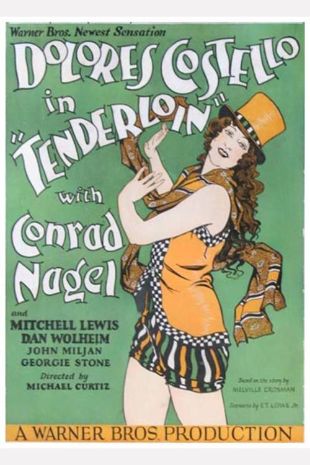
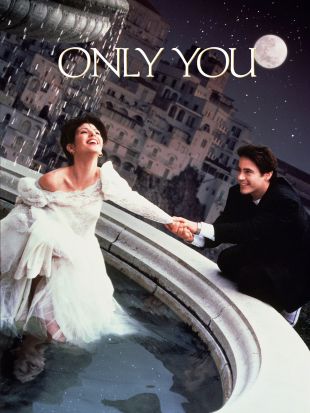
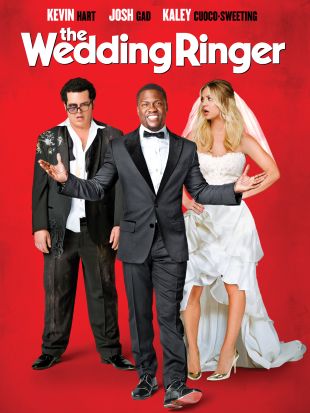
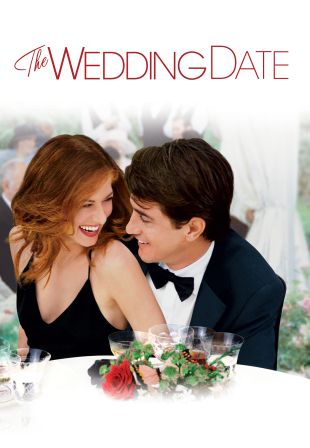
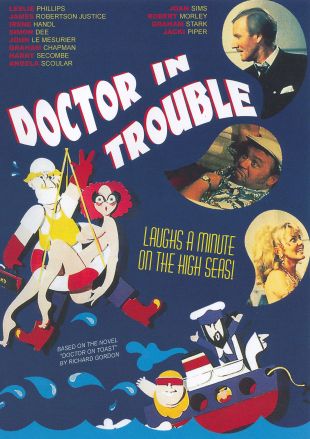
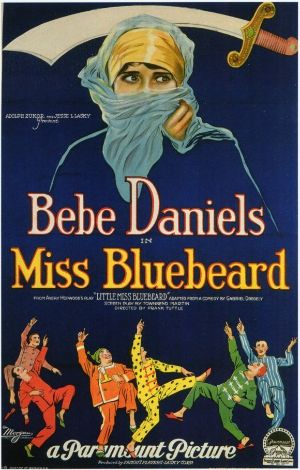
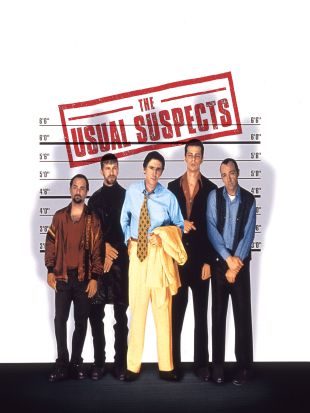

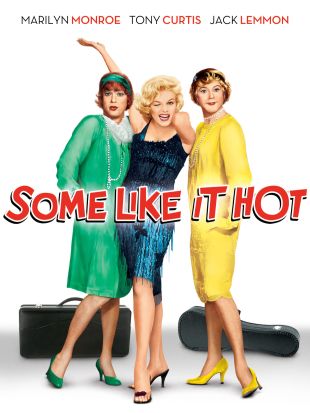
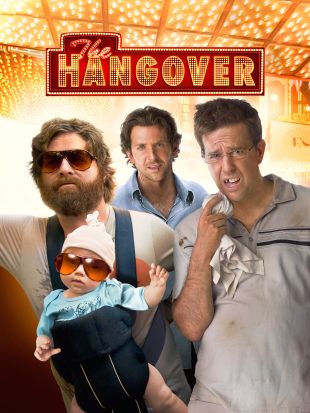
/_derived_jpg_q90_310x470_m0/PrideandPrejudice2005-PosterArt2x3.jpg)